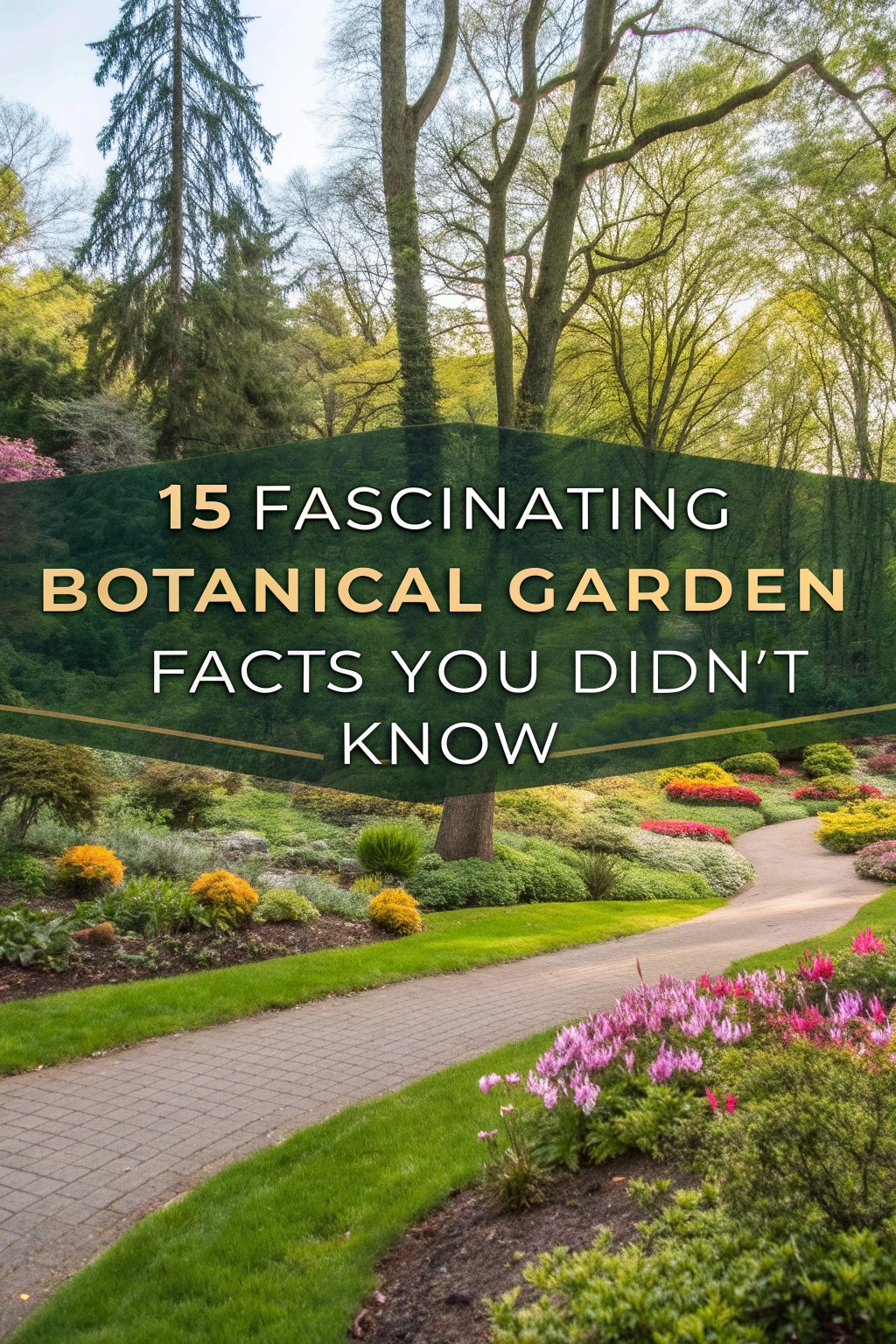You’re about to discover some surprising facts about botanical gardens. These gardens are like superhero homes for plants, where they are protected and cared for. They help keep rare species safe and teach us about the different kinds of plants that exist.
Botanical gardens are also very important for our planet, as they help us learn about plants and how we can use them to make new medicines and foods. By exploring these gardens, we can gain a new appreciation for the natural world and all its wonders. This journey into the world of botanical gardens is full of exciting discoveries waiting to happen.
History Of Botanical Gardens
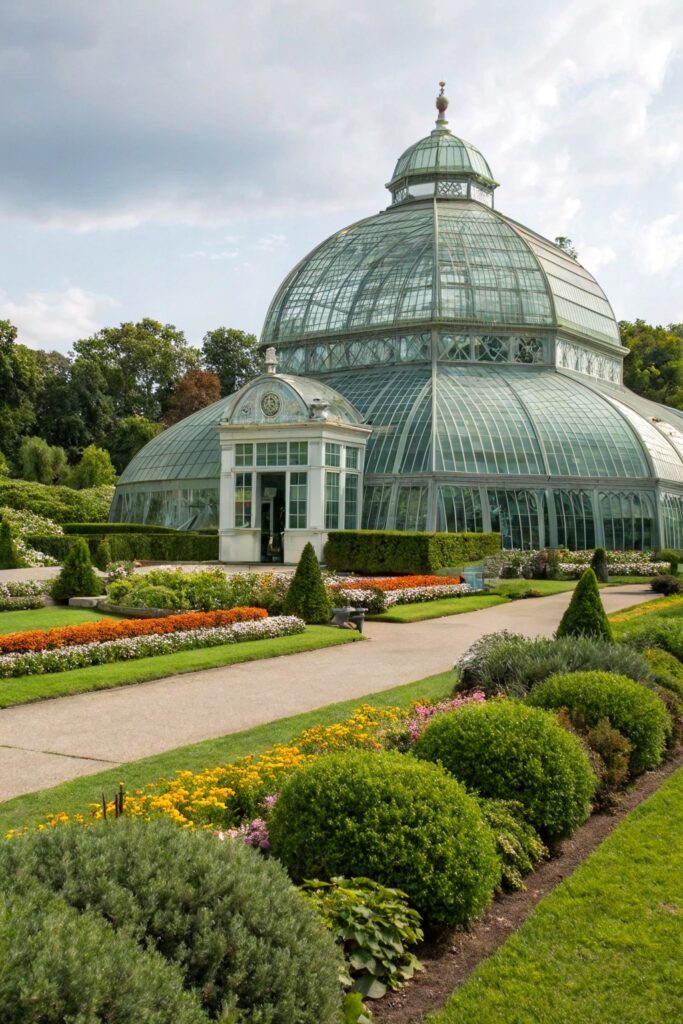
The history of botanical gardens dates back to ancient civilizations, with evidence of gardens in Egypt, China, and Greece. These early gardens served as centers for plant collection, research, and cultivation, laying the foundation for modern botanical gardens that conserve and showcase diverse plant species from around the world.
Rare Plant Species Conservation
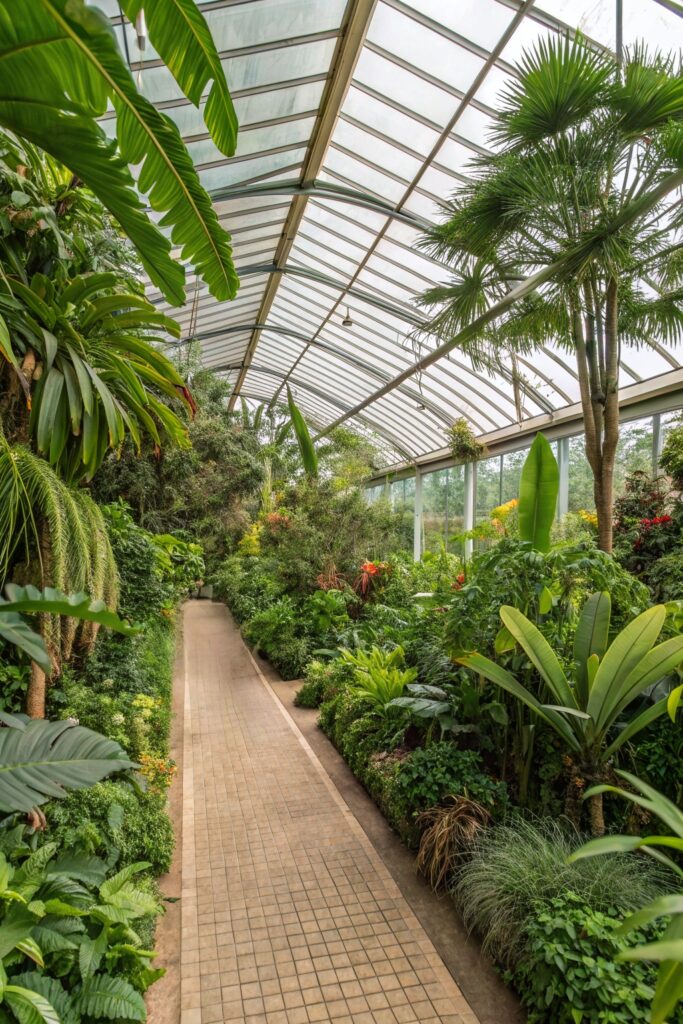
Rare plant species conservation is a priority in botanical gardens. These gardens protect and preserve endangered plants through seed banking, propagation, and reintroduction programs. They also provide a safe habitat for rare species to thrive, helping to maintain biodiversity and prevent extinction. Conservation efforts involve collaboration with international organizations and researchers.
Botanical Garden Classification Systems
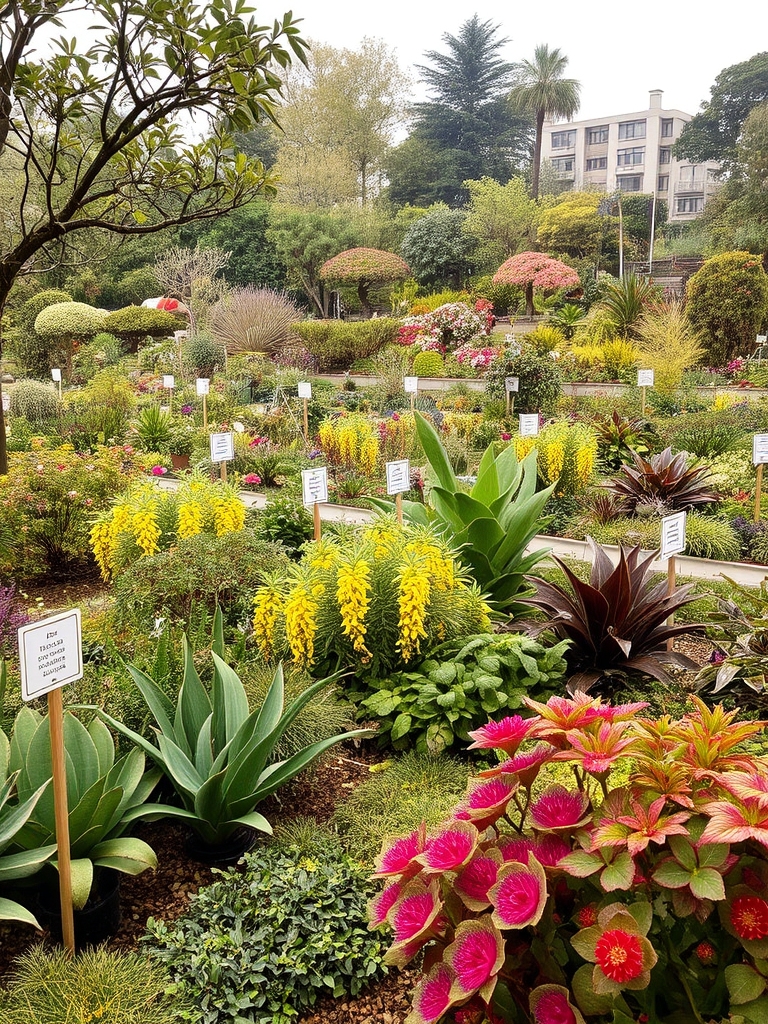
Botanical garden classification systems organize plants based on characteristics like morphology, evolution, and geography. These systems include taxonomy, which groups plants by shared traits, and horticultural classification, which focuses on garden-worthy species and cultivars. Other systems, like phenology and ecogeographic classification, consider plant growth habits and regional origins.
Plant Research And Development
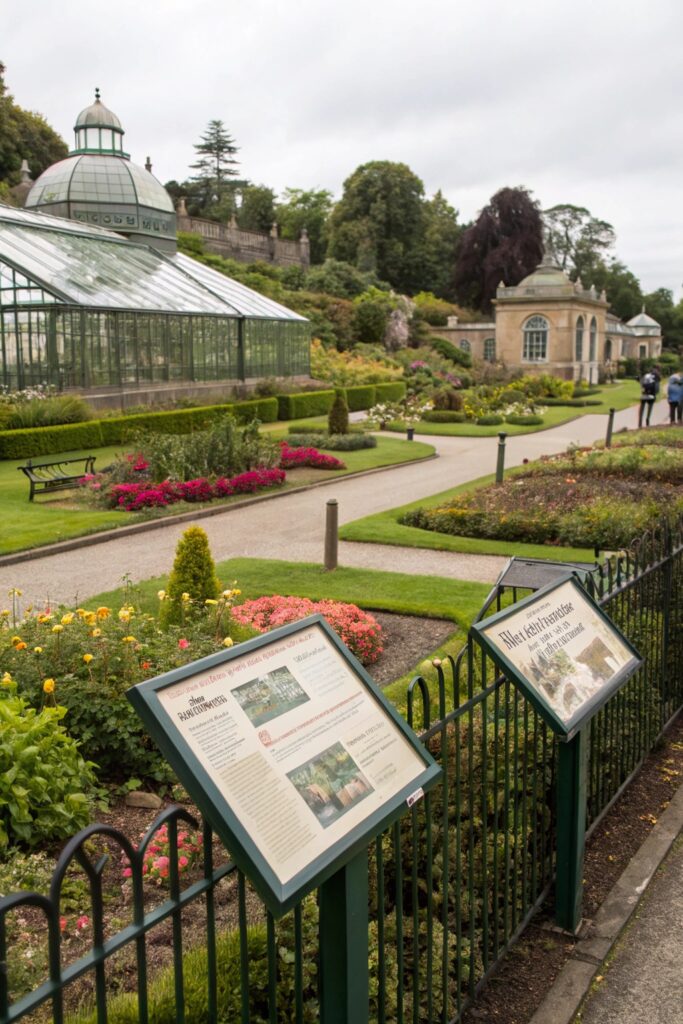
Plant research and development at botanical gardens focus on studying plant species, their habitats, and characteristics. Scientists conduct experiments, observe plant behavior, and analyze data to gain insights into plant biology, evolution, and conservation. This research informs strategies for plant breeding, conservation, and sustainability, ultimately benefiting ecosystems and human societies.
Role In Preserving Biodiversity
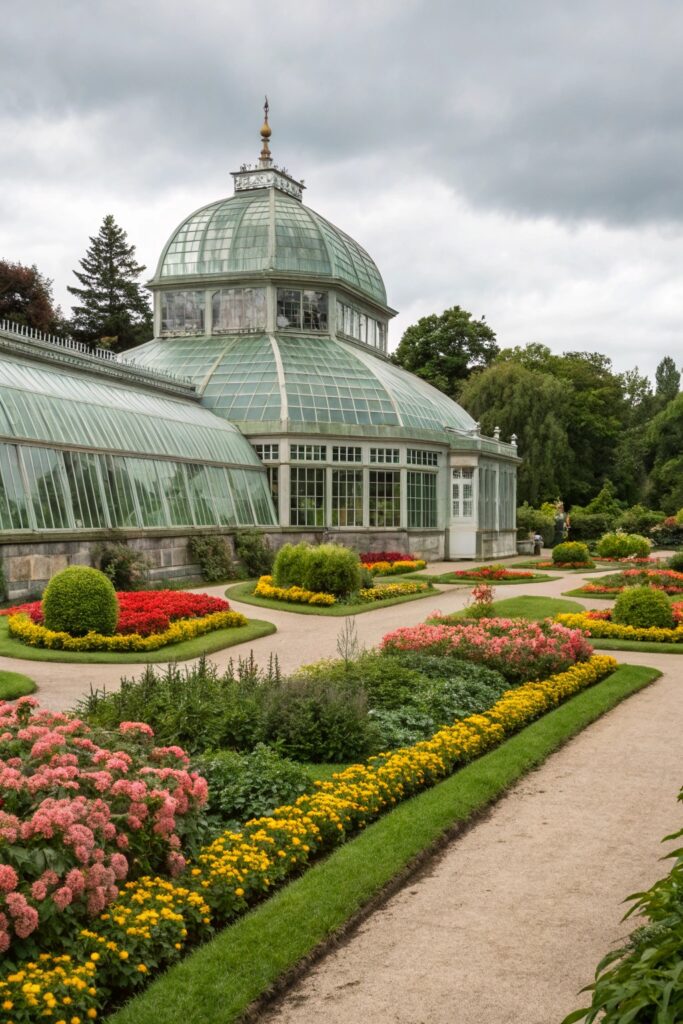
Botanical gardens play a vital role in preserving biodiversity by collecting, conserving, and exhibiting a wide range of plant species. They provide a safe haven for endangered plants and support research, education, and conservation efforts, ultimately helping to protect the world’s plant diversity.
Largest Botanical Gardens Worldwide
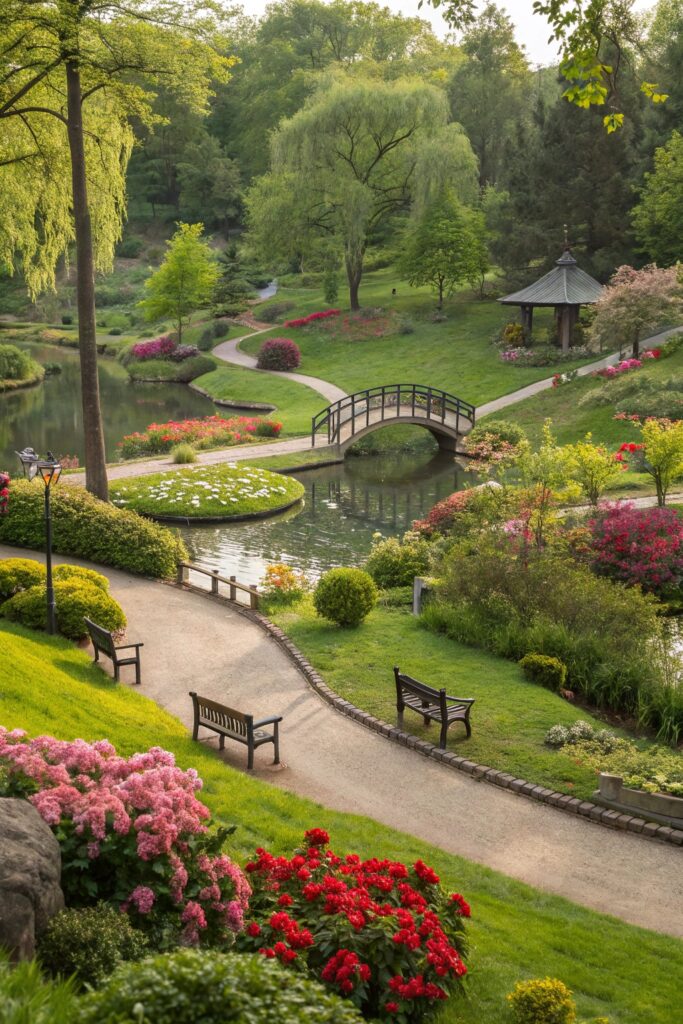
The largest botanical gardens worldwide include the Royal Botanic Gardens in Kew, London, and the New York Botanical Garden. These gardens showcase diverse plant species, conservatories, and natural landscapes, covering hundreds of acres and attracting millions of visitors annually, promoting botanical research and conservation efforts globally.
Unique Features Of Botanical Gardens
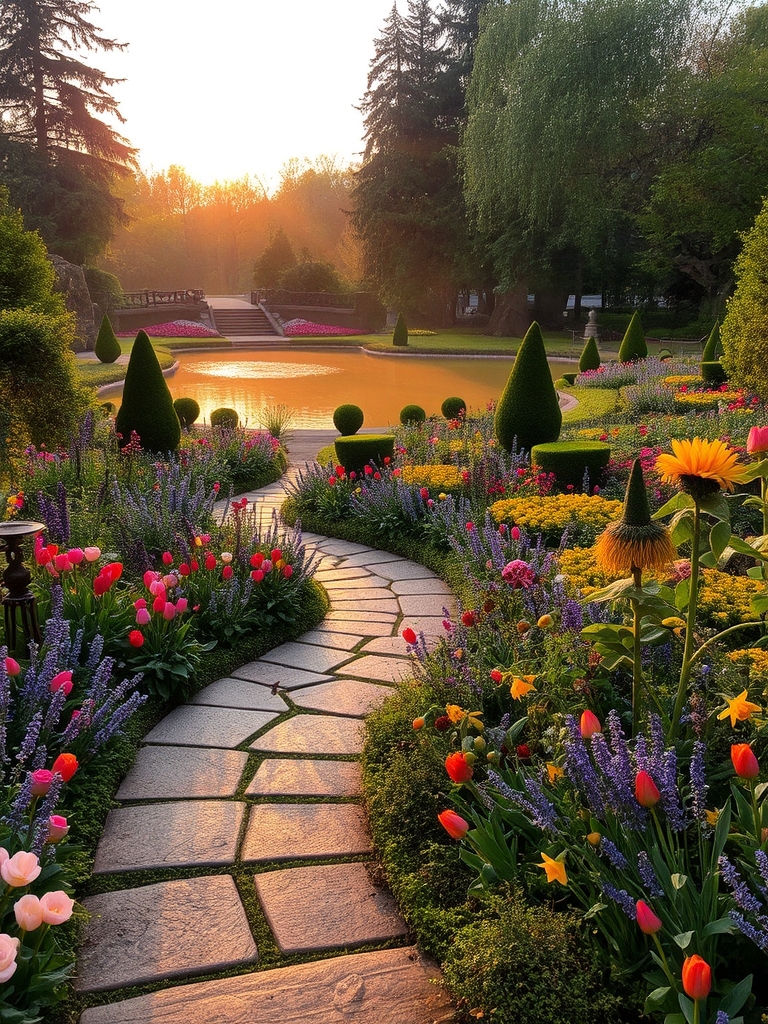
Unique features of botanical gardens include diverse plant species, walking trails, and scenic views. They often have themed areas, such as rose gardens, herb gardens, and butterfly gardens, showcasing various ecosystems and plant collections. These features provide a peaceful escape and opportunities for education and conservation. Variety and beauty abound in botanical gardens.
Botanical Gardens And Climate Change

Botanical gardens play a vital role in addressing climate change by conserving plant species, monitoring temperature and precipitation patterns, and promoting sustainable practices. They also serve as hubs for research, education, and community engagement on climate change mitigation and adaptation strategies, helping to raise awareness and inspire action to protect the environment.
Medicinal Plant Research

Medicinal plant research at botanical gardens focuses on studying plant species for potential health benefits. Scientists investigate plants’ chemical properties and medicinal applications, leading to discoveries of new treatments and therapies. This research has significant implications for modern medicine, conservation, and human well-being, highlighting the importance of preserving plant diversity.
Botanical Gardens In Urban Areas

Botanical gardens in urban areas provide peaceful escapes from city life, offering a serene environment amidst concrete jungles. They serve as oases, promoting relaxation, recreation, and education, while also supporting biodiversity and conservation efforts within metropolitan regions. These gardens often feature diverse plant collections and beautiful landscapes.
Threats To Botanical Gardens

Threats to botanical gardens include climate change, habitat destruction, and invasive species. These factors can lead to loss of plant diversity, damage to infrastructure, and disruption of ecosystems. Additionally, human activities such as urbanization and pollution also pose significant threats to the survival and conservation of botanical gardens and their plant collections.
Educational Programs And Workshops

Botanical gardens often offer educational programs and workshops, providing opportunities for visitors to learn about horticulture, conservation, and environmental science. These programs cater to diverse audiences, including children, adults, and professionals, and may include hands-on activities, lectures, and guided tours, promoting knowledge and appreciation of plant diversity and ecosystem conservation.
Botanical Gardens And Art
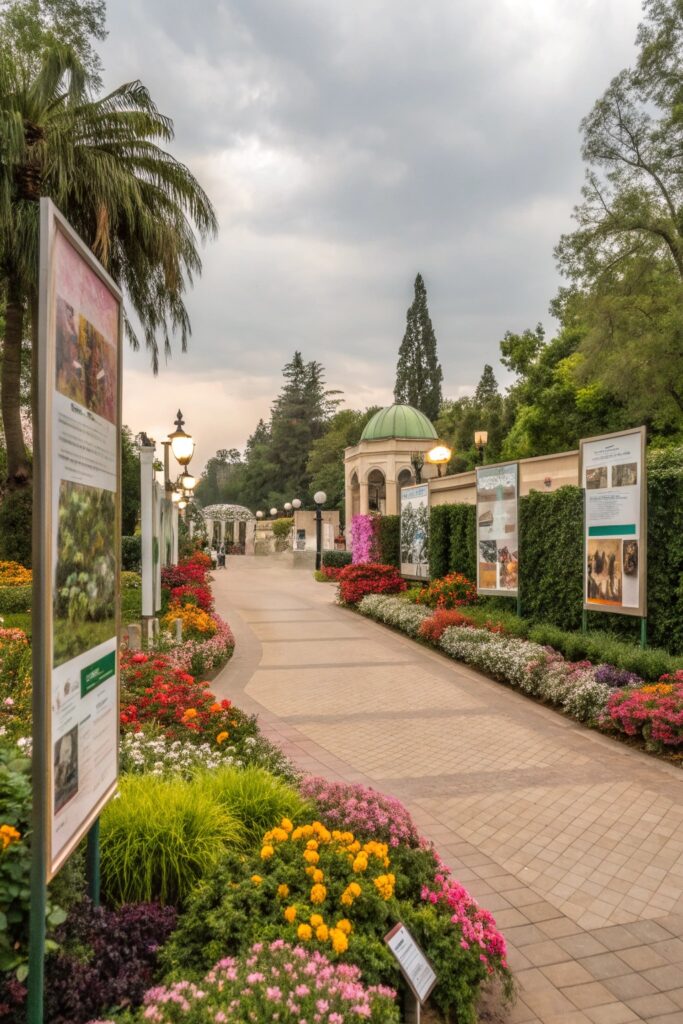
Botanical gardens often feature stunning works of art, including sculptures, fountains, and mosaics, which complement the natural beauty of the plants and flowers. These artistic elements enhance the overall aesthetic experience, creating a unique blend of nature and art that inspires visitors and fosters a sense of wonder and tranquility.
Innovative Technologies In Botanical Gardens

Innovative technologies in botanical gardens include advanced irrigation systems, mobile apps for plant identification, and digital databases for species tracking. These tools enhance visitor experience, improve conservation efforts, and increase operational efficiency, allowing gardens to better manage resources and educate the public about plant diversity and conservation. Virtual tours and online platforms also expand accessibility.
Economic Importance Of Botanical Gardens

Botanical gardens have significant economic importance, generating revenue through tourism, plant sales, and research grants. They also support local economies by creating jobs and stimulating eco-tourism, while contributing to the global economy through the development of new plant-based products and conservation efforts. This boosts local and national economies.
Conclusion
You’ve learned about botanical gardens, but ironically, you’re likely still unaware of their full impact – they’re not just pretty faces, they drive conservation, research, and education, making them a vital part of our ecosystem, and you’ll probably visit one soon, unknowingly supporting biodiversity preservation.

